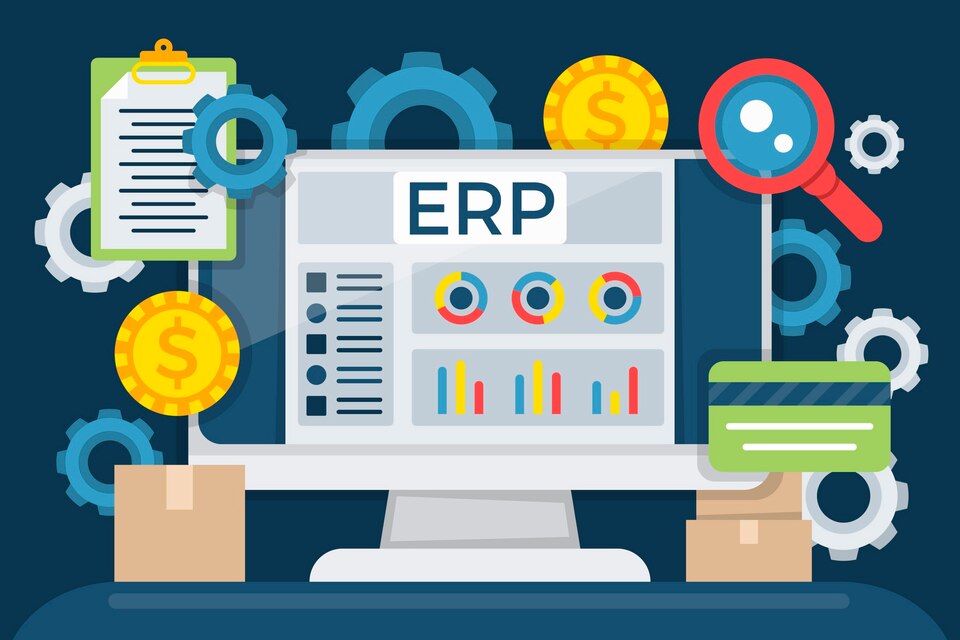Source: Cost-Effective Education Management with ERP Solutions
Resource management in education is a critical aspect, particularly when faced with limited budgets and increasing demands for superior education quality. This is where Enterprise Resource Planning systems shine, offering an integrated platform that enhances efficiency, cuts costs, and smoothens operations across diverse educational settings.

- Automating Administrative Procedures
ERP systems facilitate the automation of routine administrative responsibilities, which not only saves time but also minimizes human errors. These responsibilities encompass student enrolment, timetable creation, attendance recording, and academic calendar management, among others. Automation also lets administrators concentrate more on strategy, leading to enhanced education management efficiency.
- Unifying Data Management
Storing and handling vital data from various sources can be a formidable task for institutions. ERP systems simplify this by centralizing data storage, providing easy access, efficient data management, and robust security for sensitive data. This covers data about students, staff, financials, and more.
- Enhancing Resource Allocation Efficiency
ERP systems assist institutions in managing their resources more proficiently. They enable resource usage tracking, waste identification, and appropriate resource reallocation, leading to cost-effective operations and improved decision-making.
- Fine-tuning Financial Management
ERP solutions present a consolidated platform for handling all financial transactions. They assist in streamlining fee collection, payroll management, expense tracking, and financial reporting. They also promote transparency, ensure regulatory adherence, and facilitate data-driven financial decisions.
- Simplifying Examination Administration
Managing examinations can be a laborious task due to the intricacies of scheduling, grading, and distributing results. ERP systems make these processes simpler, enabling institutions to manage examinations more effectively. They also automate processes like exam enrolment and result announcement, reducing mistakes and saving time.
- Boosting Student and Parent Engagement
ERP systems provide dedicated portals for students and parents, promoting real-time communication and engagement. Parents can keep track of their children’s academic progression, attendance, and overall performance. Likewise, students can access educational resources, submit assignments, and stay updated with academic happenings.
- Elevating Institutional Performance
ERP systems can generate valuable insights into an institution’s performance by tracking vital metrics and producing detailed reports. This can aid in identifying operational inefficiencies, assessing strategies, and developing action plans for enhancement.
Conclusion
Embracing ERP systems is a strategic decision for educational institutions aiming for affordable and effective management. By simplifying and automating operations, centralizing data, fostering stakeholder engagement, and improving decision-making, institutions can optimize resource allocation, augment performance, and ultimately, provide a superior quality of education.
